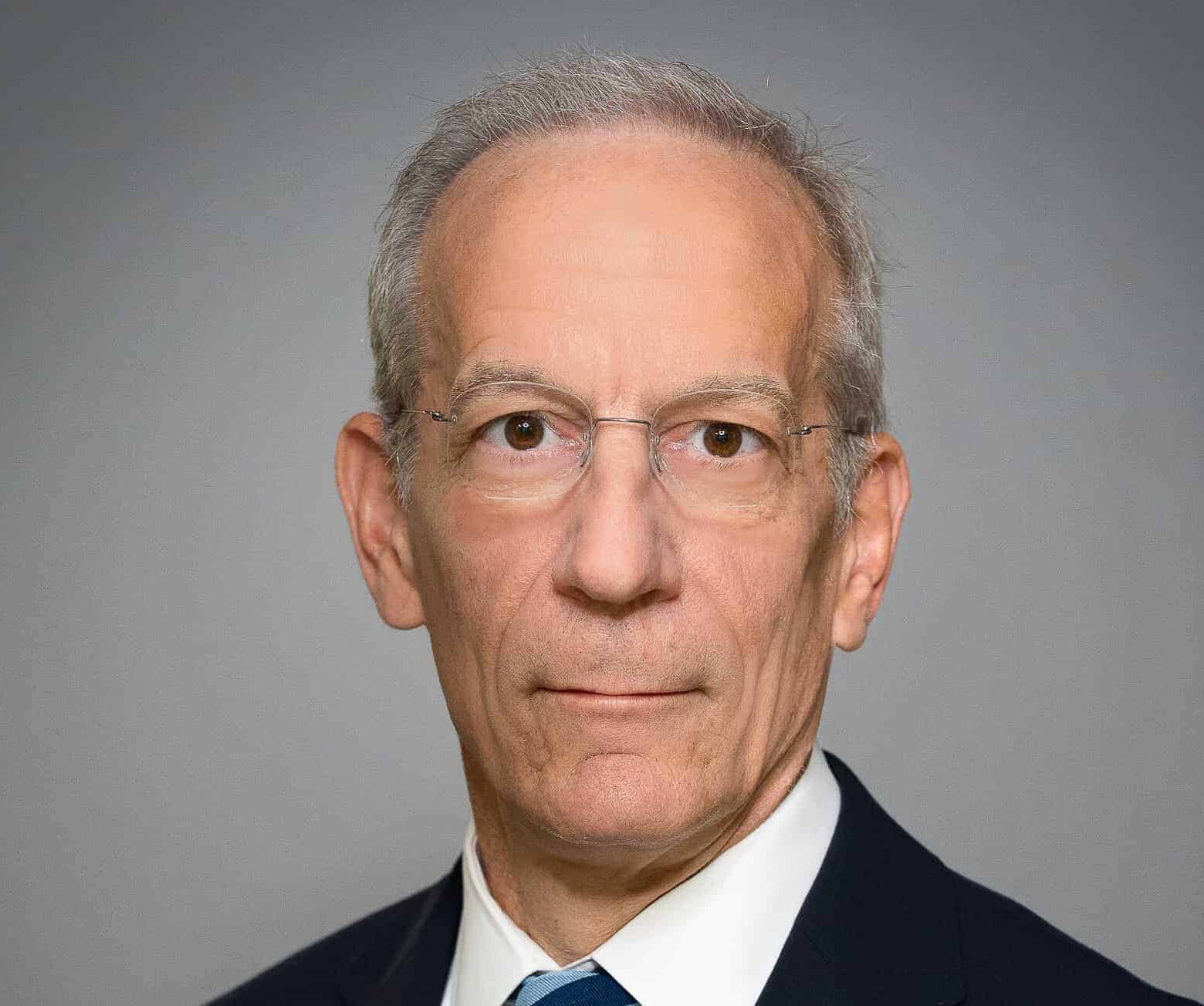The Supreme Court heard arguments recently in a case seeking to overturn two lower court rulings that invalidated President Trump’s use of the International Emergency Economic Powers Act (IEEPA) to declare a national emergency or a threat to national security and impose trade tariffs. Although a reversal is unlikely, a decision in the president’s favor would hand the presidency unilateral authority to call almost anything a “national emergency” and impose tariffs at will.
The president’s tariffs will be struck down as an overreach of presidential authority, and the court’s ruling in the case ought, but may not be, unanimous.
While unbounded presidential authority usually finds favor with the court’s progressives and national-security hawks, theories favoring executive authority in this case will not prevail for several reasons.
First, precedent dictates that national security is not a sufficient reason to circumvent congressional authority.
In the 1952 Steel Seizure Cases, the Supreme Court struck down President Harry Truman’s seizure of steel mills even though the nation was in an actual war with Communists at the height of the Cold War. A court, appointed entirely by war presidents Truman and Franklin Delano Roosevelt, found the president could not invoke national security to override the Constitution’s separation of powers.
Today’s court will almost certainly follow suit. Justice Elena Kagan pressed hard on the Major Questions Doctrine and its use to quash President Biden policies, such as in the cases halting Biden’s statutorily unfounded student loan forgiveness and eviction moratorium.
Only Justice Brett Kavanaugh has carved out a possible exception for the president on significant questions — issues of national significance that require explicit support from Congress, which he indicates in a concurrence in Consumers Research v. FCC, does not apply to foreign policy. Still, Kavanaugh is unlikely to be convinced in this case, given that Congress addressed the claimed tariff power by separate legislation and because tariffs are paid by Americans, not foreign powers.
Second, semantics are not on the president’s side.
The administration argues that IEEPA authorized the president to “regulate” imports, which it interprets as giving him the authority to “tax.” The problem is those words are not one and the same, and no justice is interested in ruling that they are. Such a ruling would linger until it was picked up and exploited even more dangerously by a future president. It’s an unserious argument, one that no justice wants on his or her conscience, especially given that the court’s immunity decision, freeing future presidents from criminal liability for official acts, appears to have emboldened the president.
Third, the administration’s case collapses on the facts.
The president’s claim that trade deficits and illegal fentanyl border crossings qualify as “emergencies” under the IEEPA’s definition stretches the statute beyond recognition. Trade deficits are not emergencies. Tariffs don’t stop illegal drugs. This strained logic, coupled with the fact that there are Republican majorities in both chambers capable of addressing these issues through legislation, exposes the administration’s emergency claim for what it is: a manufactured excuse to bypass Congress.
The justices are unlikely to be fooled. They have tried to stop executive branch overreach and force Congress to stop abdicating its constitutional responsibilities to the executive branch in cases such as Loper Bright, decided last year, and structures like the Major Questions Doctrine, which requires executive agencies to defer to Congress on issues of major national importance. They will not suddenly flip the script to create a new precedent that takes away Congress’s ability and incentive to do its job on tariffs.
The court doesn’t need to address complex issues like non-delegation, which holds that, in some cases, Congress cannot delegate its legislative authority to the executive branch. It only has to adhere to plain English. “Regulate” does not mean “tax.” The statute doesn’t say the president can impose tariffs, so he can’t.
Finally, if the Supreme Court permits the president’s tariffs, future presidents would be able to bend IEEPA to their will with virtually no limits. American tariff policy would pass forever into the hands of the president, creating permanent instability for world trade and impeding American industry’s ability to plan and invest.
The Supreme Court has a clear path: strike down these tariffs and reaffirm Congress’s authority over trade. Allowing a president to declare an “emergency” at will would hand future administrations unchecked power, destabilize trade, and undermine the separation of powers. A unanimous decision against this isn’t just likely — it’s essential to preserving the Constitution.



